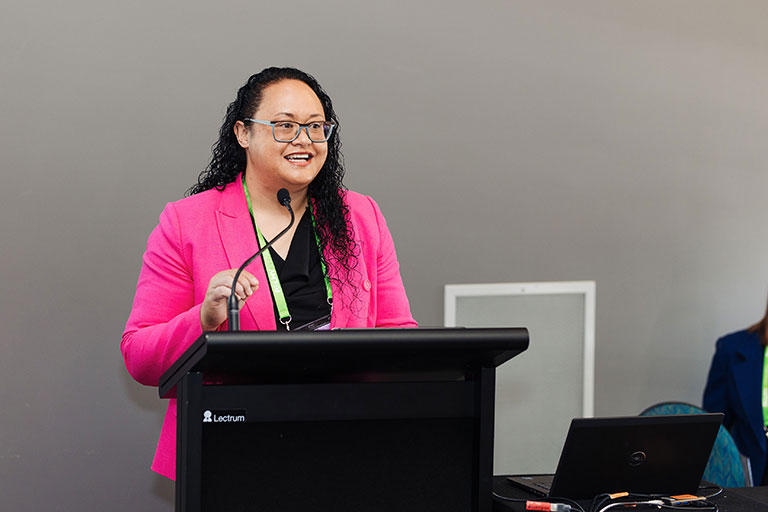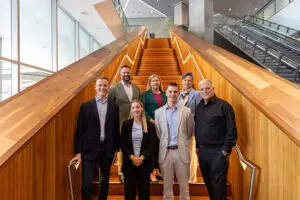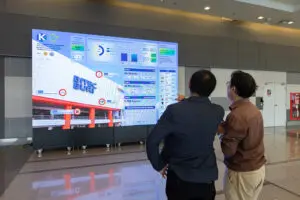Four representatives from Ringa Hora will sit on BEIA’s Workforce Steering Group to provide broader expertise about developing standards and qualifications, while the business events experts who make up the bulk of the group address industry specific needs.
Aligned with Pīata Mai, the 10-year strategic direction for the business events industry in New Zealand, the workforce group is looking at developing micro qualifications to help those from outside the business events industry obtain the learnings they need to join it, as well as qualifications to help those already working in business events to upskill.
One of the primary roles of Ringa Hora is to ensure the vocational education system in New Zealand serves the needs of the industries in which learners will be employed.
“Our role is advocating on behalf of industry to contribute strategically to design qualifications and skills aligned with the strategic direction and national priorities,” said Mel Harrington, general manager of partnership and engagement for Ringa Hora.
“Importantly, in working with industry we want to showcase and celebrate role-models in businesses to recognise best practices and encourage future employees to be part of an exciting, fun and rewarding career in the business events sector.”
Getting vocational training right for future business events talent will help build a larger and more valuable workforce for the business events industry, which has been struggling with issues around skills and attracting staff for years.
“Talent attraction firstly relies on people knowing the sector exists,” said BEIA chief executive, Lisa Hopkins.
“Traditionally, the sector has attracted people from hospitality, tourism and PR, but there is additional breadth of variety and challenge which only business events offer. There is something so satisfying about delivering an incredible event which leaves a lasting impression on its audience and having the opportunity to rub shoulders with truly fascinating people.
“We hope that people from these sectors will see it as a next step in their career, and the vocational training supports this.”




















